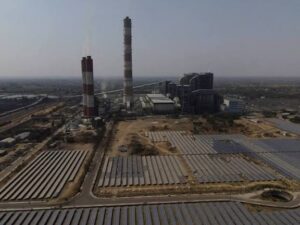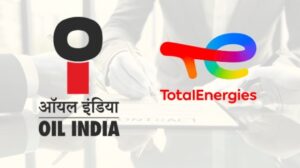Nigeria has recorded a significant boost in its oil production after international oil companies (IOCs) divested some of their assets, adding about 200,000 barrels per day (BPD) to national output and attracting over $5.5 billion in fresh investments in a matter of months.
Senator Heineken Lokpobiri, Minister of State for Petroleum Resources (Oil), announced this while representing President Bola Tinubu at Africa Energy Week in Cape Town, South Africa. He noted that these divestments are not just asset transfers, but also transfers of confidence, technical expertise, and local ownership.
In recent years, major IOCs like Shell, ExxonMobil, and Chevron have sold off onshore and shallow-water assets to concentrate on deepwater projects. Nigerian companies such as Seplat Energy, Oando, and Heirs Holdings have acquired these assets, expanding local participation and strengthening the country’s crude output.
Lokpobiri highlighted that the Tinubu administration is committed to a transparent, stable, and investor-friendly oil sector. He pointed to the Petroleum Industry Act (PIA) as a framework that guarantees clarity in licensing, fair contracts, and stronger engagement with host communities.
Programs like “Project One Million Barrels” have raised daily crude output to between 1.7 and 1.83 million BPD, with a remarkable 300,000 BPD increase in July 2025 alone. The number of active drilling rigs has also jumped from 31 in January to 50 by mid-year, reflecting growing confidence in the sector.
The minister also urged African countries to retain more value from their energy resources by developing infrastructure, local industries, and domestic value chains. Africa currently spends over $120 billion annually importing hydrocarbons, missing out on huge economic opportunities. He noted that nearly $4 trillion in domestic capital, including pension and insurance funds, could be mobilized for productive investments on the continent.
Regarding global energy discussions, Lokpobiri called for a balanced approach, promoting a diverse energy mix while ensuring resources remain available, accessible, and affordable. He reaffirmed Nigeria’s commitment to using oil responsibly while building a more diversified energy portfolio.
“Nigeria is ready to lead reforms in Africa’s energy sector and is inviting investors to participate in this transformation,” the minister said.
With strong reforms, growing production, and an open investment policy, Nigeria is positioning itself as a central player in Africa’s energy future.









